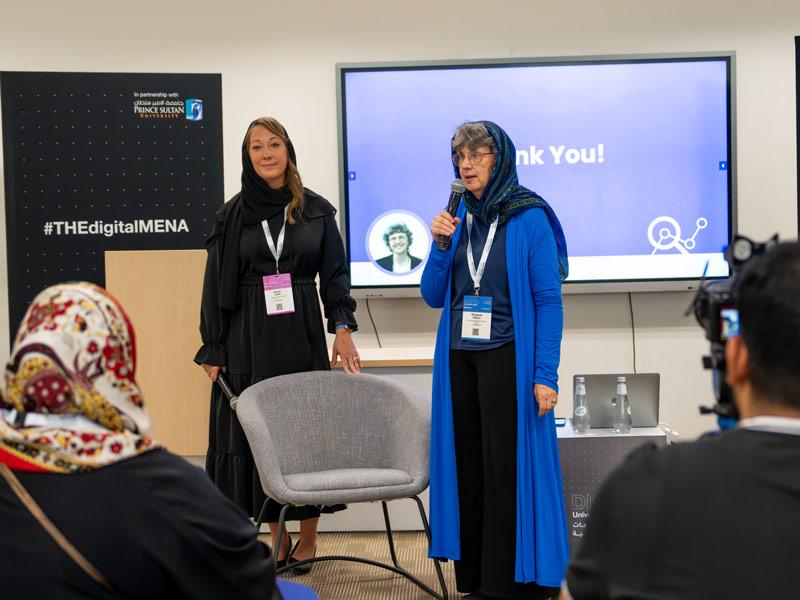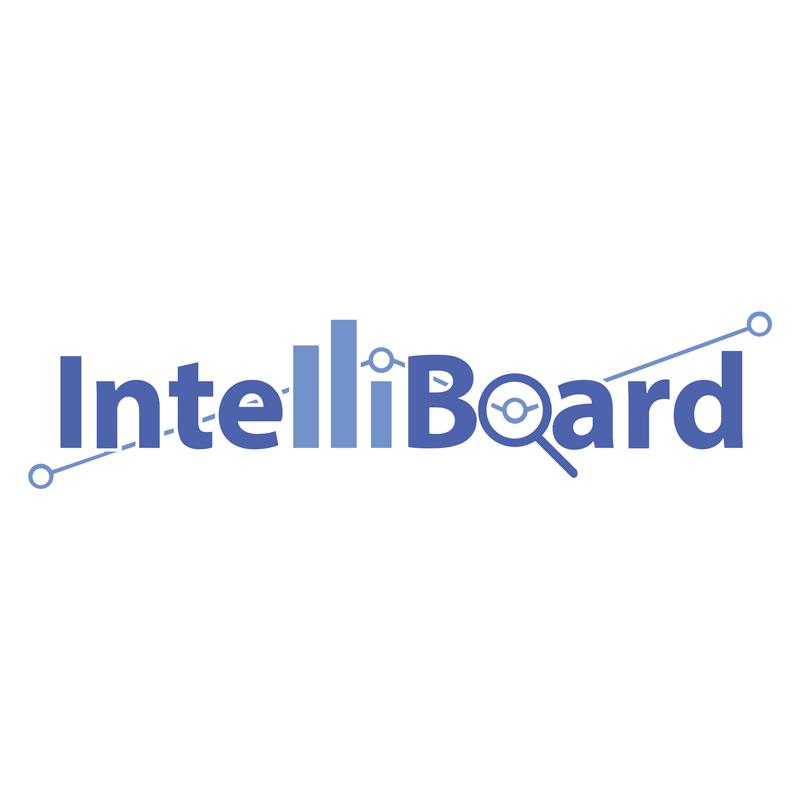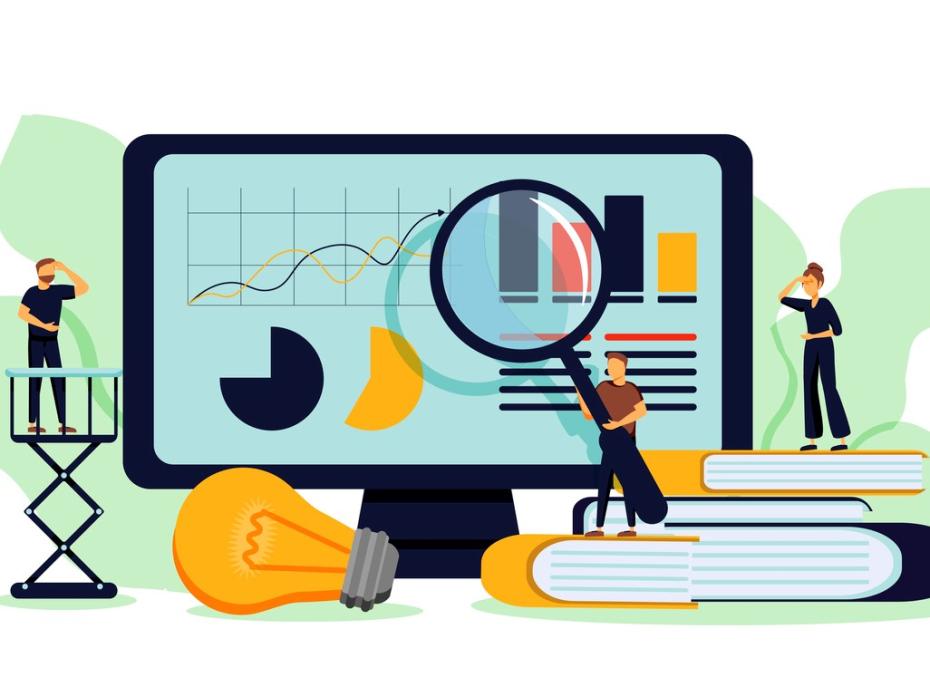
How universities can break down data silos and generate new insights

With the digital evolution of the education sector, data is an important part of shaping strategies at higher education institutions. However, there are a multitude of siloed systems collecting this data, which makes consolidating and analysing data difficult. At the 2023 THE Digital Universities MENA event, leadership from the learning analytics platform IntelliBoard spoke about how institutions can derive insights from disparate tools and datasets and make data actionable.
IntelliBoard is a learning analytics platform that helps institutions bring together their learning data to monitor the student journey and predict learners who are vulnerable to failure. “Only when you have your data and have pulled it into one data warehouse with good reporting tools are you able to get insights from your data,” said Elizabeth Dalton, learning and development analyst at IntelliBoard. This helps institutions gain a more holistic view of their learning and support processes, manage them better and make sure they are effective.
Dalton pointed out that it’s important for universities to realise that different tools provide different levels of data reporting. Standard data reporting tools provide tabular reports that do not provide a clear overview of the data. More advanced reporting tools enable institutions to summarise, visualise and compare data. However, the most comprehensive data solutions leverage machine learning capabilities to allow institutions to define what constitutes success with respect to learning outcomes.
IntelliBoard can examine current and historical data from institutions to find relevant patterns and build a classifier model, Dalton said. Institutions can use this model to predict the academic trajectories of students and compare data. While institutions can use default models, they can also personalise their model by choosing the type of data that is analysed. “We don’t believe in black boxes where we hand you something proprietary. We want you to be able to drive the insights from your data and control what happens in your model,” she said.
In addition to gaining a better understanding of how to generate and use data, it is essential that universities understand what happens to the data they have collected. “Security is very important to us,” Dalton acknowledged. “We are principally an education reporting system, so we are well aware of the restrictions on who can have access to educational data. Built into our system are tools that automatically restrict data access based on the permissions you’ve granted in your learning management system.”
Becky Keith, chief product officer at IntelliBoard, shared examples of features that IntelliBoard tools offer, such as rule-based reporting, calculations that define risk for unique learners, calculations to identify off-pace learners, the option to send custom notifications to students and staff and the ability to log and track interventions and communications with learners.
Given the rapid digital transformation that has taken place across the higher education sector, it is important that data analytics tools can integrate with the technologies that institutions have already adopted. IntelliBoard helps institutions simplify their learning processes and use data to drive success. “We want to help you do that by drawing in data from all of your systems and combining that data into one central data warehouse that is optimised for queries.”
The company is working on creating a unified identifier to allow universities to gain a consolidated overview of student interactions regardless of the number of tools they use, Dalton said. “We’re not about just predicting outcomes. We’re about changing outcomes. We offer tools that allow you to track changes and show that improvement is happening,” she concluded.
The panel:
- Elizabeth Dalton, learning and development analyst, IntelliBoard
- Becky Keith, chief product officer, IntelliBoard
Find out more about IntelliBoard.

